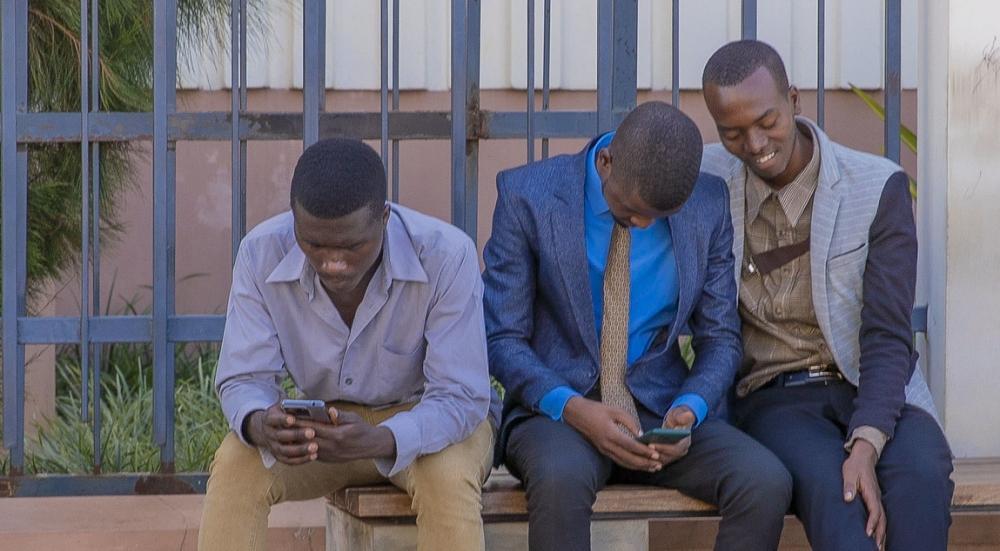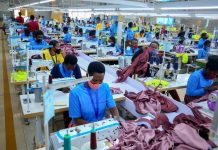Africa-Press – Rwanda. Rwanda’s overall household internet usage has reached 30%, a significant milestone driven by increasing digitisation of services and strategic investments in ICT infrastructure.
The overall household internet usage stands at 57% in urban areas and 19% in rural areas.
The country’s mobile telecommunications sector has been instrumental in this growth, with active mobile-cellular subscriptions reaching 13.48 million as of September 2024—a 7.5% increase from 12.5 million the previous year.
“The global digital landscape is evolving, and Rwanda is part of that transformation. Our internet penetration has grown , driven by investment in infrastructure, digital literacy, and enabling policies,” said Esther Kunda, Director General of Innovation and Emerging Technologies at the Ministry of ICT and Innovation.
Despite these gains, Kunda acknowledged persistent challenges. “While internet penetration is commendable, we still face gaps in access and affordability, especially between urban and rural areas.
Many Rwandans use the internet for services, communication, and daily life but not all can afford it or know how to use it productively,” she said.
She added that the Rwanda Internet Governance Forum presents an opportunity for multi-sectoral dialogue and collaboration. “The inclusion of Parliament in these discussions is critical to formalising supportive policies and laws.”
Kunda emphasised the need for inclusive solutions, noting disparities in digital literacy and access. “As digital adoption increases, we need robust regulatory frameworks that promote trust, inclusion, and sustainability.”
Boosting local content and digital literacy
Alex Ntare, CEO of the Rwanda ICT Chamber, highlighted the importance of developing more online content in Kinyarwanda to drive internet adoption.
“AI can be leveraged to translate and create local content more easily,” he said, noting that high internet costs are partly due to low uptake.
He urged stakeholders to raise awareness about the benefits of digital services. “The more Rwandans use digital platforms, the more sustainable and affordable these services become,” Ntare said, adding that advocacy for price reduction will continue, but progress depends on increased user engagement.
UN backs Rwanda’s digital vision
Ozonnia Ojielo, the UN Resident Coordinator in Rwanda, commended the country’s prioritisation of technology across sectors, reaffirming the UN’s support for Rwanda’s digital agenda.
“Rwanda is establishing itself as a digital hub in Africa with strong national strategies and youth-driven innovation. But challenges like affordability, rural access, and gender disparity persist,” Ojielo said.
He called for the promotion of local content—including film and music—responsible AI governance, and digital inclusion for rural and marginalised communities. Citing Nigeria’s example, he encouraged Rwanda to consider local content quotas to boost domestic digital consumption.
To extend internet access, Rwanda plans to build 840 additional connectivity towers over the next three years. This will raise coverage from the current 75% of the country’s total geographic area to 97%, according to the Ministry of ICT and Innovation.
Currently, Rwanda has 1,760 connectivity towers, providing coverage to 96% of the inhabited area and 75% of the entire land area. A recent study recommends increasing this number to at least 2,500 towers to meet national coverage goals.
For More News And Analysis About Rwanda Follow Africa-Press






